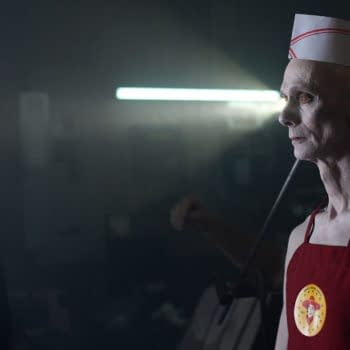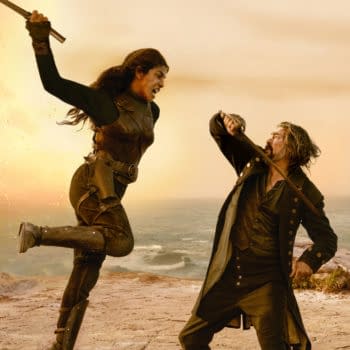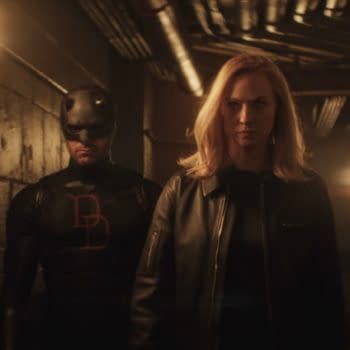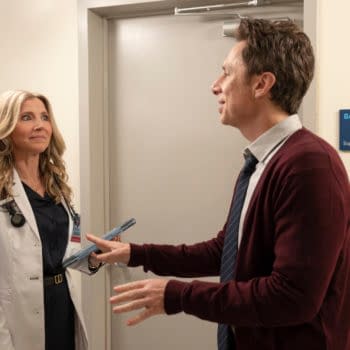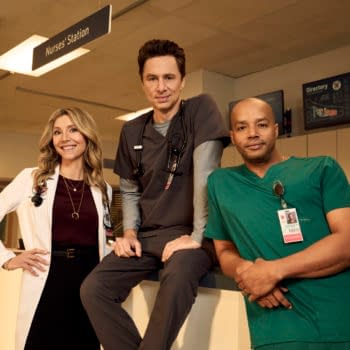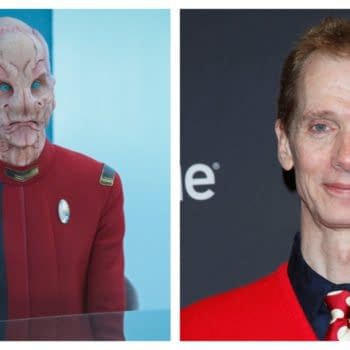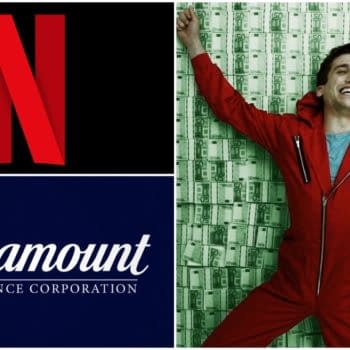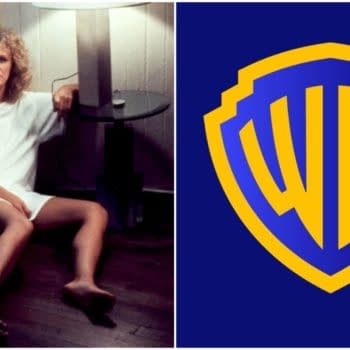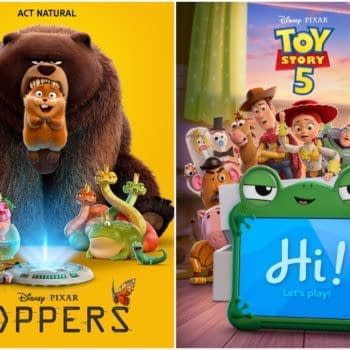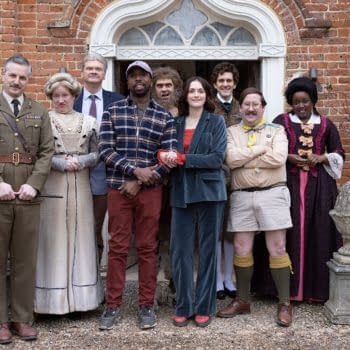Posted in: Exclusive, Interview, Movies | Tagged: Adam Robl, Bobbi Kitten, oscilloscope, poser, Shawn Sutta, Sylvie Mix
Poser Composers Adam Robl & Shawn Sutta on Their Music Influences
Composers Adam Robl and Shawn Sutta have blended their two passions with music and films. Since their theatrical debut in the 2012 documentary Our Longest Drive, the two scored several projects in documentaries and movies, including Uncle John (2015), Before the Fire (2020), East of Middle West (2021), and Grasshoppers (2021). Both spoke to Bleeding Cool about their film Poser, which focuses on a woman, Lennon (Sylvie Mix), who fuels her desire to entree into a podcast featuring live music and conversations with the artists she so fervently admires; Lennon finds inspiration for her own musical ambitions…and a growing sense of misdirected identity.
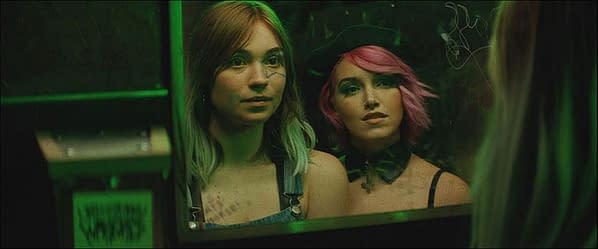
Bleeding Cool: What intrigued you in Poser?
Robl: We found out about 'Poser' when we looked into Gotham and Oscilloscope Labs. I read about what they were working on and saw they had done a lot of music videos and band profiles, and I thought them making a feature on this subject would be great. I reached out to them to see if we could be a part of it.
What were your influences growing up?
Robl: It was a pretty wide range of genres. I remember from early childhood always being interested in film music and how it connected to stories. When I was little, I was obsessed with 'Jurassic Park' and recreated the scenes while connecting and listening to the score. The music was my muse when recreating the scenes. My brother and I would do it for fun. Film music has always been like a huge part of it for Shawn and me. It's been a journey as far as everything from heavy metals to classical music influenced me personally.
Sutta: Adam and I have different upbringings and influences. I started piano lessons when I was seven and got into Mozart, Chopin, Debussy, Bach, and their classic piano works. Some of that is apparent in the 'Poser' score as an influence from early on, along with all the film greats and storytelling. A lot of the piano-based scores have always been heavy influences of mine.
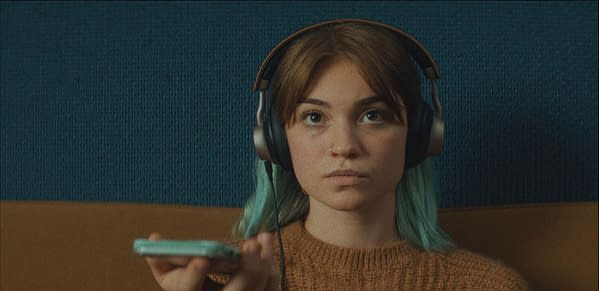
When directors Noah Dixon and Ori Segev came to you about the film, how did you break down that collaborative process?
Sutta: It was a close collaboration the entire time with Noah and Ori, who are two of our favorite people ever to work with. They were really involved in every detail of the score and cue. There were a lot of conversations, and everything flowed naturally. They came to us with the film already laid out. They had some temp music in there and some ideas of where to go, but they were also open to hearing our take on things and how to depart from their original idea and challenged us to do something totally different than they had in mind.
Robl: Between Shawn and me, the collaboration flowed pretty smoothly. A lot of the pieces would start with the piano. Shawn would record the piano part and shoot it over to my room. I start orchestrating it. We would add vocals on top of it, which took on a whole new life.
What was the trial and error process in deciding what ended in the film?
Robl: To be honest, most of the cues were one pass. There were a few we had to go through different passes and try different ideas and directions. A large majority of them felt good from the start. The second cue, which is episode one, we had a few different versions of that. We were really happy when that arrived. Overall, it was pretty smooth, and if there were any revisions, it was always making it better, and we were happy to do that.
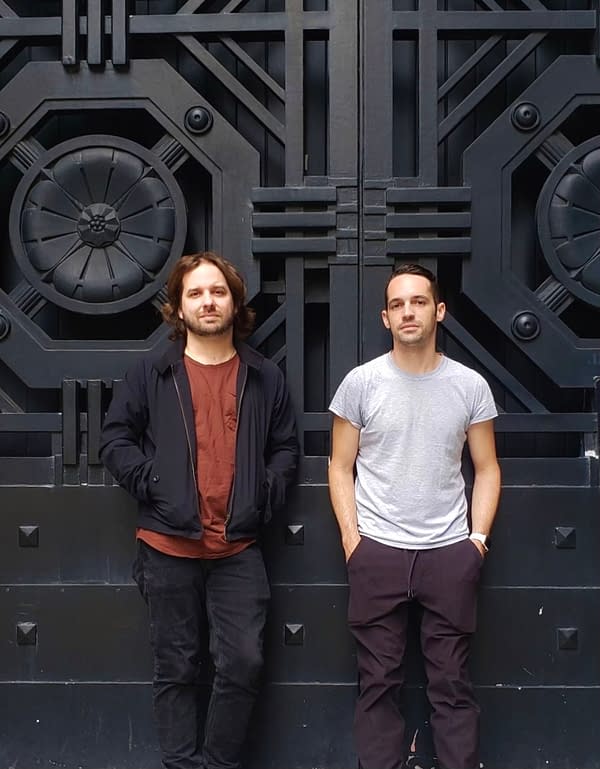
Was any part of the score that took considerable time, or was it consistent throughout?
Sutta: Most things were smooth, and our first idea ended up being the one that would stick after maybe some tweaks. Adam was earlier talking about an early opening cue that the picture changed several times. The themes we introduced weren't working as the story took a little bit of shape while we were still working on it. We don't like to use the word "challenge" because it will feel challenging. It felt amazing and smooth and fun, but that one needed the most work.
Were there any genres you're kind of hoping to tackle in the future that you hope to maybe explore down the line?
Sutta: We love great creative films. As far as genre specific, we love a lot of different ones. It could be anything from a really interesting horror film to a compelling drama.
Robl: One of the things I loved about this film was it had a hybrid of classical or baroque style mixed with like modern textural music. Hybrids are really interesting. Whatever the story calls for, mixing worlds within the music, that's something I'm interested in and, hopefully, get to keep doing.
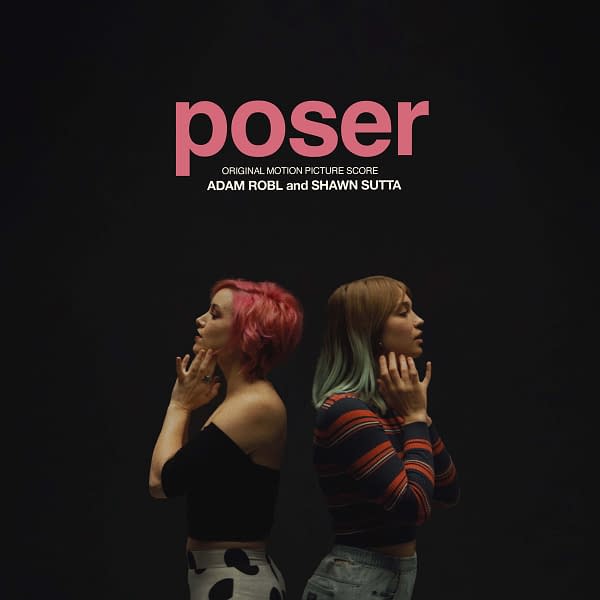
Since you guys started, what were the biggest takeaway and invaluable lessons that made you work so well together and create this ebb-and-flow?
Sutta: I like the question. Adam and I collaborated, playing in a band before we worked on film music. There was this spark of magic for me when Adam started playing music, and I processed his ideas. The energy he brought to that group made me feel a certain way. I fed my hunger to collaborate with people to make something that's not necessarily just for me. That translated when we started working on films together. We've got each other more excited about it because we're both working towards it and challenging each other to do it better.
Robl: The feeling's mutual [laughs]. It's just all about our excitement about the film. We get ourselves excited, and we go from there. That's what you really need to have trust with each other and an understanding. We're very different people, and it works well in a sense because we have a wider net we can cast as far as how it resonates with each of us. It works and is a good thing.
The film, which also stars Bobbi Kitten and Aujolie Baker, is available on digital. You can check out the score here.






